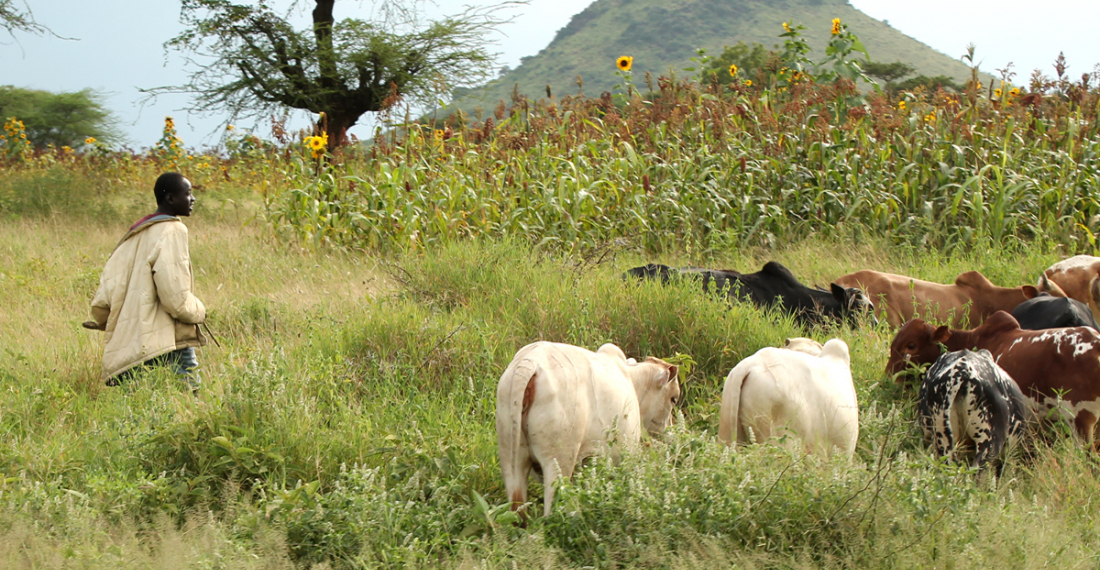22 people were killed and 18 injured on Saturday (7 August) during clashes between farmers and herders in Chad, 200km east of the capital, N'Djamena, local authorities told Agence France-Presse (AFP). The region where the events took place is plagued by deadly conflicts between nomadic Arab pastoralists and sedentary indigenous farmers, who accuse the former of ransacking their fields by grazing their animals
“The conflict started with a land problem between the two communities. Some want to settle and others are preventing them. The conflict is between the Boulala, sedentary farmers, and the Arabs, nomadic herders" in the village of Zohana, Amina Kodjiana, governor of the Hadjer-Lamis province in central Chad, told AFP, confirming the number of dead and injured.
“We have involved the customary chiefs of the two communities to put a definitive end to this recurring conflict,” said Kodjiana.
“We sent forces, which have maintained order since Saturday,” said Abdramane Koulamallah, Chad's minister of communication and a government spokesman. “[The authorities] proceeded by totally disarming the civilians. The protagonists have reconciled, and calm has returned completely to the area,” he added.
As many inhabitants are armed in central and southern Chad, clashes between these two communities, which are quite frequent, often claim victims. Last December, 11 people were killed in southern Chad during clashes between farmers and herders. In February, in the same region, 35 people lost their lives.







